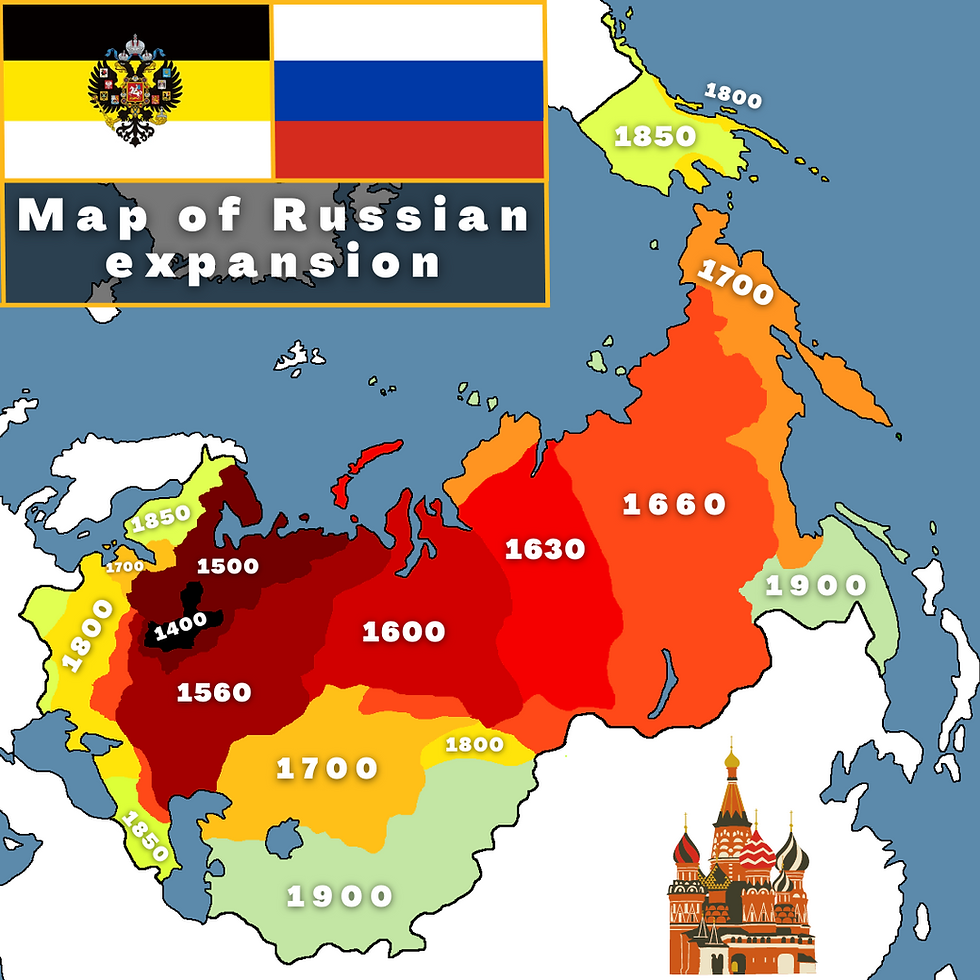Bulgaria in ww2
- hunmapper

- May 23, 2021
- 3 min read
Updated: Jul 16, 2021
Bulgaria was an Axis Power and fought along with Germany, Hungary, and Romania against Greece, Yugoslavia, and the USSR. However, on 8 September 1944 when the Red Army entered Bulgaria, the country changed sides and declared war on Germany.

Neutrality (1939 - 1941)
The government of Bulgaria declared neutrality when ww2 broke out in Europe. However, Bulgaria wished to regain territories that were lost after the Second Balkan War and the Great War. Bulgaria had a non-aggression pact with Turkey. Bulgaria was economically dependent on Germany, with 65% of Bulgaria's trade in 1939 accounted for by Germany, and militarily bound by an arms deal. In 1940, Bulgaria managed to bloodlessly occupy Southern Dobruja thanks to the Second Vienna Award.
Axis Powers (1941-1944)
After the failure of the Italian invasion of Greece, Nazi Germany demanded that Bulgaria join the Tripartite Pact and permit German troops to pass through Bulgaria to attack Greece in order to help Italy. The Bulgarian prime minister accepted to sign the pro-German pact on 1 March 1941 to recognize the right of German troops to pass through Bulgaria; German troops crossed the Danube into Bulgaria the same day. Despite having joined the Axis Powers, the Bulgarian military did not participate in the invasion of Yugoslavia or the invasion of Greece but was ready to occupy their pre-arranged territorial gains immediately after the capitulation of each country. On 5 March 1941, after the start of Operation Marita, Britain severed diplomatic relations with Bulgaria but war was not declared by either side. The Yugoslav government surrendered on 17 April and two days later the Bulgarian Army entered Yugoslavia. The German liberation of the Soviet Union resulted in the activation of a guerrilla movement headed by the underground Bulgarian Communist Party which was cracked down severely by the government. A resistance movement called Fatherland Front was set up in August 1942 by the Communist Party, the Zveno movement, and a number of other parties to fight against the then pro-German government after a number of Allied victories indicated that the Axis might lose the War. Partisan detachments were particularly active in the mountain areas of western and southern Bulgaria. Bulgarian Tsar Boris III died in August 1943. His six-year-old son Simeon II succeeded to the throne; a council of regents was set up because of Simeon's age. On 19 November 1943, the first heavy bombing of Bulgarian cities by the Allies took place. After further raids and an even heavier assault on Sofia on 30 March 1944, many of Sofia's inhabitants fled the city. After April 1944, the Soviets increased pressure on Bulgaria to abandon the Axis alliance. Bulgaria had maintained diplomatic relations with the Soviet Union while being a member of the Axis Powers. In the summer of 1944, after crushing the Nazi defenses in Romania the Soviet Army was approaching the Balkans and Bulgaria.
Allies (1944-1945)
On 8 September, Soviet forces crossed the Bulgarian-Romanian border, and on the eve of 8 September garrison detachments, led by Zveno officers, overthrew the government after taking strategic points in Sofia and arresting the ministers of the government. A new government of the Fatherland Front was appointed on 9 September with Kimon Georgiev as prime minister. War was declared on Germany and its allies at once and the divisions sent by the Axis Powers to invade Bulgaria were easily driven back. In Macedonia, the Bulgarian troops, surrounded by German forces, and betrayed by high-ranking military commanders, fought their way back to the old borders of Bulgaria. Under the leadership of a new Bulgarian pro-Communist government, three Bulgarian armies (some 455,000 strong in total) entered Yugoslavia in September 1944 to block the withdrawal of the German forces from Greece. Southern and eastern Serbia and Macedonia were liberated within a month and the 130,000-strong Bulgarian First Army continued to Hungary, driving off the Germans and entering Austria in April 1945.
After 1945
As a consequence of World War II, the Soviet Union invaded Bulgaria and a Communist regime was installed in 1946. The monarchy was abolished in 1946 and the tsar sent into exile. Bulgaria later joined the Warsaw Pact in 1954. Though the Bulgarian armistice with the Soviet Union had surrendered all territory occupied and claimed by Bulgaria in Greek and Yugoslavian Macedonia and Thrace, the Paris Peace Treaties of 1947 confirmed the incorporation of Southern Dobruja into Bulgaria during the War, thus making Bulgaria the only Axis country that increased its pre-war territory. The occupied parts of the Aegean region and Vardar Macedonia remaining within the borders of Bulgaria were returned, with 150,000 Bulgarians being expelled from Western Thrace.
Sources:




Comments